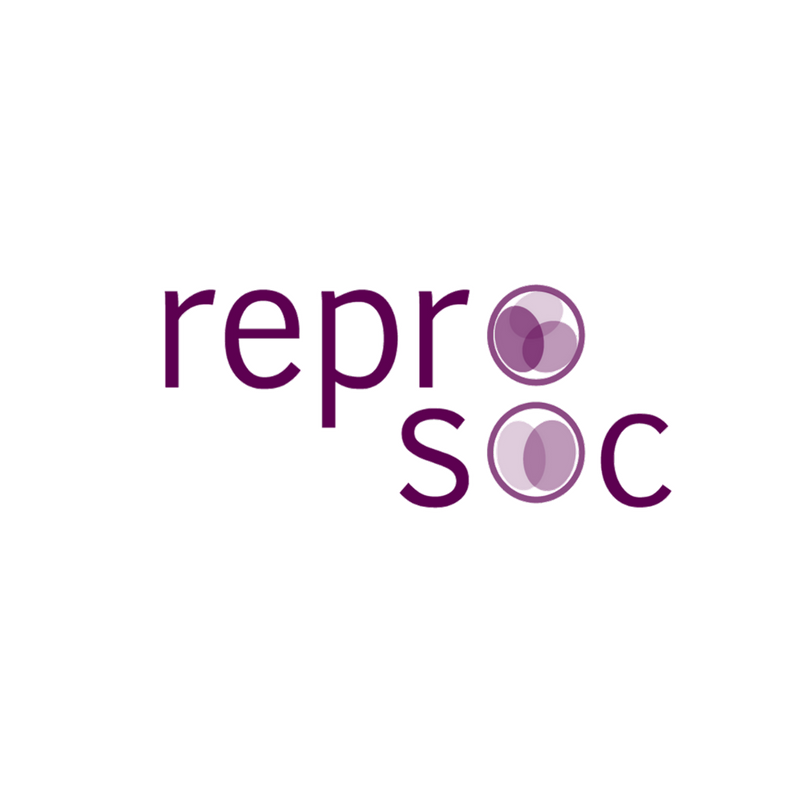
The Reproductive Sociology Research Group was established in October 2012 to support research and teaching on the social and cultural implications of new reproductive technologies and related forms of social and cultural change. ReproSoc was based within the Department of Sociology and was part of a cluster of reproductive studies research initiatives at Cambridge.
Led by Sarah Franklin, ReproSoc raised over £10m in funding since 2013 from the Wellcome Trust, British Academy, ESRC, ERC, Leverhulme Trust and other funding bodies. The Group's 20-25 members met regularly throughout the year to share and develop research in progress. Events included reading groups, research workshops, films, skills training sessions, brown bag lunches, talks and small conferences. Members included post-docs, post grads, academic staff and affiliated researchers.
ReproSoc's research covered a broad range of topics including the history of IVF, ‘repronationalism’, reproduction and the environment, reproductive justice, visual cultures of reproduction, non-heterosexual parenting aspirations, regenerative medicine, the IVF-stem cell interface, racialized reproduction, and reproductive inequality.
By developing new sociological approaches to the intersection of reproduction and technology, their aim was to develop more generalizable claims about, for example, changing definitions of nature and ethics, the biologization of technology, translational biomedicine, and the political economy of reproduction.
ReproSoc's work contributed to multiple disciplines including sociology and anthropology, science and technology studies, social and oral history, feminist and queer theory, and the social study of biomedicine, bioscience and biotechnology, as well as other fields.
Funding: Wellcome Trust, British Academy, ESRC, ERC, and Office of the Vice Chancellor, as well as several other funding bodies.
Principal Investigator: Sarah Franklin
Research Theme: Science & Technology
Website: ReproSoc | Reproductive Sociology Research Group (cam.ac.uk)
